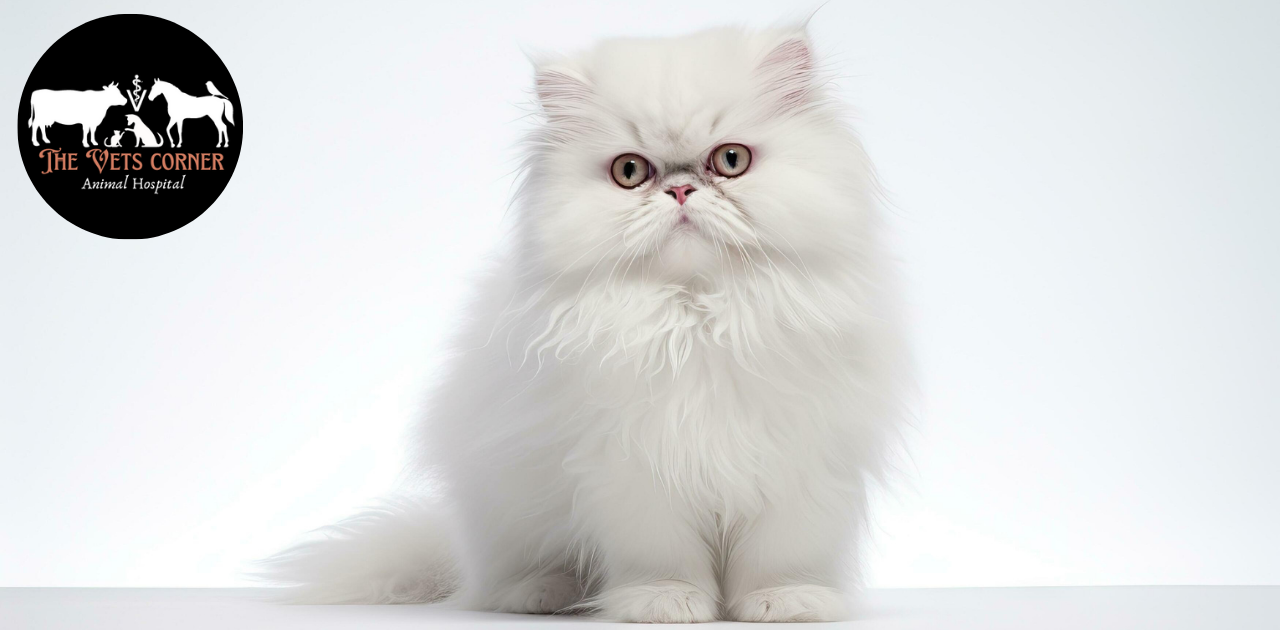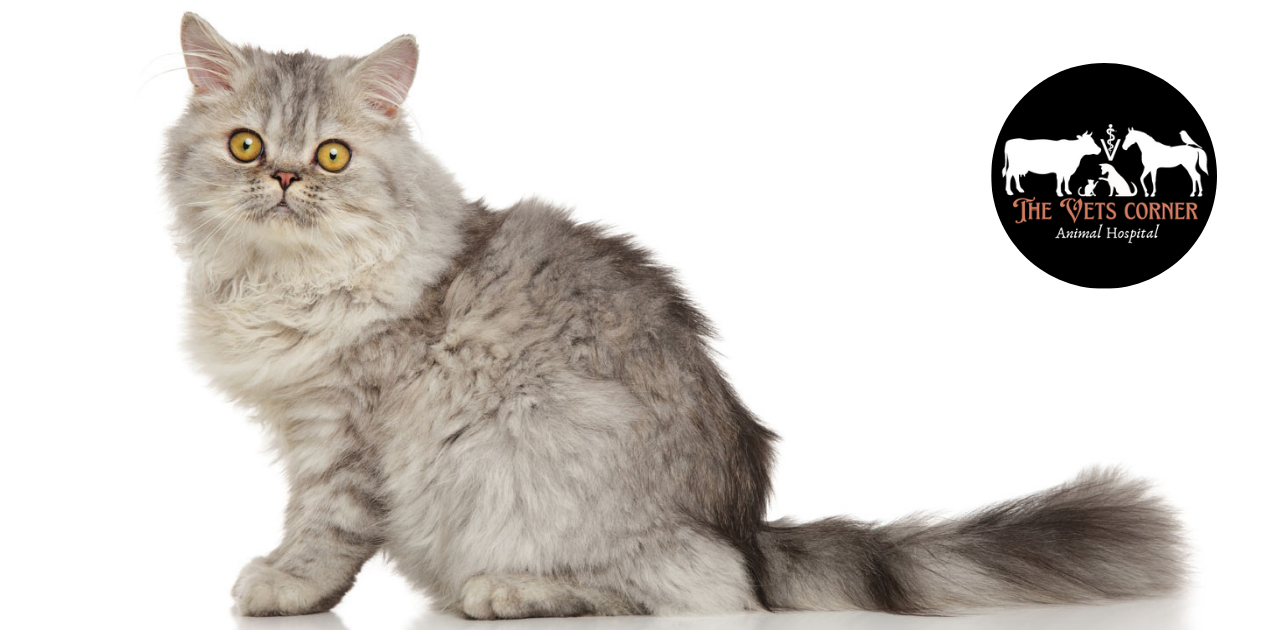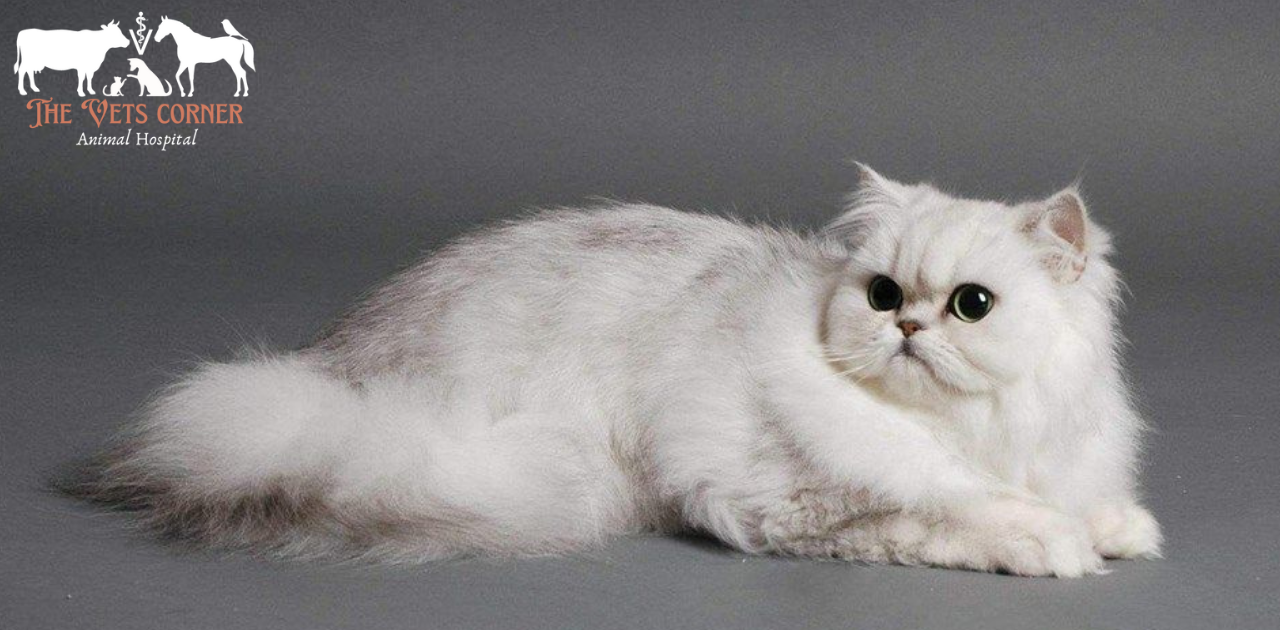
The Persian cat is popular for its beautiful long fur and flat face. They come from Iran, formerly Persia, and have been loved by cat fans for many years. These cats are calm and loving, making them great pets for families and individuals. Their elegant look and gentle nature make them one of the most adored cat breeds worldwide. Persian cats enjoy relaxing in the sun and spending time with their owners, always showing off their graceful and refined presence.

Feeding your cat the right food is important for their health and here are some great options.
Royal Canin Persian Cat Food: This food is made especially for Persian cats. It helps with their long coat, supports their digestion, and keeps them healthy. It contains omega-3 and omega-6 fatty acids for a healthy coat and ingredients that are easy to digest.
Meo Cat Food: This food provides a balanced diet that helps with growth and coat health.
Fluffy Cat Food: Designed for cats, it helps maintain their luxurious coat and overall health. It usually includes high-quality proteins and fatty acids.
Reflex Cat Food: This food meets the nutritional needs of cats, offering balanced ingredients for coat and skin health, plus essential vitamins and minerals.
Pedigree Professional Range: While not specifically for Persians, Pedigree provides complete nutrition suitable for all breeds.

The price of a Persian cat for sale can vary depending on factors like pedigree, coat color, and regional demand.
Persian Cats: Cost between $100 and $1,000, or PKR 30,000 to PKR 300,000 in Pakistan.
Persian Kittens: Usually range from $100 to $500, or PKR 20,000 to PKR 100,000 in Pakistan.
Black Persian Cats: Typically cost between $80 and $1500, or PKR 20,000 to PKR 400,000 in Pakistan.
White Persian Cats: Can be priced between $150 and $2,000, or PKR 30,000 to PKR 500,000 in Pakistan.
Tortoiseshell Persian: The Tortoiseshell Persian cat features a striking coat with a blend of black, orange, and cream fur, and chocolate Persian cats creating a unique and vibrant pattern. Known for their distinct coloration, these cats often exhibit a strong and independent personality, adding to their charm and individuality.
Calico Critters Cat: Calico Critters Cats are charming toy figures designed to resemble real calico cats, featuring a variety of colorful patterns like grey Persian cats. Though they are not actual cat breeds, these collectibles are popular among children and collectors for their adorable and realistic appearance.
Punch Face Cat: The Punch Face Cat refers to Persian cats with an extremely flat and rounded face, a characteristic highly prized in cat shows for its distinctive appearance. This unique facial structure enhances their charm and is a key feature that judges often look for in competitive events.
Single Coat Persian Cat: This refers to Persians with softer, less dense fur, which requires less grooming compared to other types. The coat lies close to the body and does not have the same level of volume or complexity.
Double Coat Persian Cat: Cats with a double coat have a soft undercoat and a longer topcoat. This combination creates a plush, fluffy appearance that requires regular grooming to prevent mats and tangles.
Triple Coat Persian Cat: The Triple Coat Cat boasts an exceptionally dense, three-layered fur i.e. long haired cat that requires frequent and thorough grooming to prevent mats and tangles. This luxurious coat adds to its beauty but demands extra care to maintain its softness and overall health.
If you love dogs, then this post is for you
Persian cats need special care because of their long coats and flat faces:
Grooming: Brush your cat daily to avoid tangles and mats. Use a shampoo for long coats to keep their fur clean.
Diet: Feed them a balanced diet suited to their needs to prevent health issues like obesity and hairballs.
Health: Regular vet visits are important for checking their overall health, keeping up with vaccination, and dental care, and monitoring for any potential problems.
With the right care, your cat will stay healthy and continue to charm everyone with their beauty and grace.
Persian cats, with their stunning long fur and unique flat faces, are cherished for their beauty and gentle nature. They make wonderful companions due to their calm demeanor and elegance. Proper nutrition, regular grooming, and routine vet care are essential to keep these cats healthy and thriving. By understanding their specific needs and characteristics, you can ensure that your cat remains a happy and cherished member of your family, delighting in their graceful presence and affectionate companionship.
What are the most common health problems in Persian cats?
Persian cats are prone to health issues such as respiratory problems due to their flat faces, dental issues, and eye drainage. They may also suffer from skin infections and hereditary conditions like polycystic kidney disease.
How often should I groom my Persian cat?
Persian cats should be groomed daily to prevent their long fur from becoming tangled and matted. Regular brushing is essential to maintain their coat and reduce shedding.
What is the best way to manage a Persian cat’s shedding?
Regular brushing helps manage shedding by removing loose fur and preventing mats. Additionally, feeding a high-quality diet that supports skin and coat health can help reduce excessive shedding.
How can I tell if my Persian cat is in pain or discomfort?
Signs of discomfort in Persian cats can include changes in behavior, reluctance to move, unusual vocalizations, changes in appetite, or visible signs like limping or excessive grooming. Any of these above-mentioned signs should prompt a visit to the vet.
What should I consider before getting a Persian cat?
Consider the time and effort required for grooming, potential health issues specific to the breed, and whether you can meet their needs for attention and care. Persian cats are known for their affectionate nature, but they do require significant maintenance.
Can Persian cats live with other pets?
Persian cats can generally live well with other pets if they are properly introduced and socialized. However, their calm and sometimes reserved nature may mean they prefer a more peaceful environment.